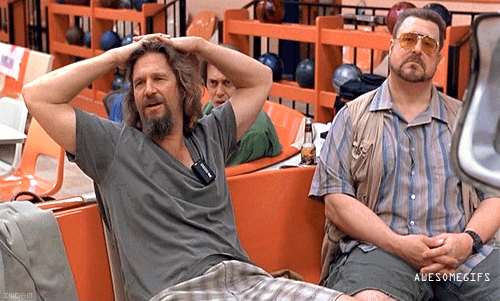Due on the first day back from break!
Chapter 24 questions
1. How, specifically, was railroad construction financed (including help from the federal government) in the late 19th century? What were the main railroad companies and the entrepreneurs who were associated with them?
2. What was the only railroad built without government aid? What are “hells on wheels?” How was the first transcontinental railroad completed, by whom (both entrepreneurs and workers) and where did the “wedding” take place?
3. What effects did the creation of a railroad network have on the American economy? How did it affect the telling of time? What technological improvements did the railroads encourage? What industries grew as a result of this network? Why was the Mesabi range important?
4. Explain pools, stock watering, and other dubious means used by railroad “barons” to make a profit. What were they attempting to do to competition? Why weren’t these practices regulated or otherwise halted? What was the first federal regulatory agency in history, and what was it supposed to do?
5. What impact did interchangeable parts and other new technologies have upon employment patterns, including women? What were “Gibson girls,” and what kinds of jobs did they do?
6. Which foreign countries were most involved in investment in American enterprises? How involved were these investors in the actual day-to-day management of American companies?
7. Make a chart comparing and explaining the main businesses and practices of Andrew Carnegie, John Rockefeller, J.P. Morgan, Cornelius Vanderbilt, Jay Gould, and James Duke. Make sure to include these terms: interlocking directorate, pool, horizontal integration, trust, holding company,
8. Create a chart of the great inventors and their innovations: Edison, Bell, Bessemer (and Kelly), McCormick
9. What is the difference between “capital goods” and “consumer goods?” Which was most emphasized during this time period?
10. How was US Steel created, by whom, and why was it notable? What other corporations begun during this time are still around today?
11. What did Standard Oil actually do? Where was it located? What products were made from petroleum at this point? What immoral/illegal methods did this company use to ruthlessly crush its competition? What invention would later make this company even more profitable (that most of you can’t imagine living without?)
12. What was “the Gospel of Wealth?” How did this attempt to justify vast accumulations of wealth?
13. What is “Social Darwinism” and “survival of the fittest” in terms of economics? What were the implications then for poor people? What thinkers actually influenced this more than Darwin?
14. How did the 14th Amendment end up being interpreted as helping corporations during this time (and even now)? Be specific.
15. What did the Sherman Anti-Trust Act attempt to do? Why didn’t it work better? What was one group that it was ironically used against that probably hadn’t been anticipated, and what was the reasoning/justification for this?
16. How did the South begin to industrialize during this time? What manufacturing began to develop there, and why? What did Henry Grady urge?
17. What obstacles stood in the way of Southern development? What was the “Pittsburgh plus” pricing system’s impact?
18. What were working conditions like in the factories? What demographic group was most affected by industrialization, and why? How did “punching a clock” change traditional patterns of life? What was the Contact Labor Law of 1885?
19. What methods did companies use to try to suppress unions? Why did much of the general public feel negatively toward unions (consider Haymarket Square and the term “labor trust”), and when did that finally begin to change? Who was John P. Altgeld?
20. Make a chart of the major unions, their leaders, their membership composition, dates, etc. Did any of these survive until today? Don’t forget “Mother…”

You must be logged in to post a comment.